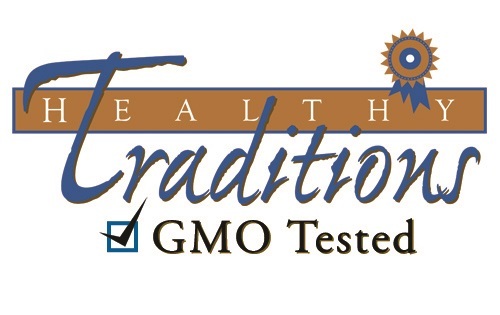PhD Plant Biologist Speaks Out Against GMOs
By training, I am a plant biologist. In the early 1990s I was busy making genetically modified plants (often called GMOs for Genetically Modified Organisms) as part of the research that led to my PhD. I was not, at the outset, concerned about the possible effects of GM plants on human health or the environment. I now believe, as a much more experienced scientist, that GMO crops still run far ahead of our understanding of their risks. I have become much more appreciative of the complexity of biological organisms and their capacity for benefits and harms. As a scientist I have become much more humble about the capacity of science to do more than scratch the surface in its understanding of the deep complexity and diversity of the natural world. To paraphrase a cliché, I more and more appreciate that as scientists we understand less and less. I have read numerous GMO risk assessment applications. These are the documents that governments rely on to ‘prove’ their safety. Though these documents are quite long and quite complex, their length is misleading in that they primarily ask (and answer) trivial questions. Furthermore, the experiments described within them are often very inadequate and sloppily executed. Scientific controls are often missing, procedures and reagents are badly described, and the results are often ambiguous or uninterpretable. I do not believe that this ambiguity and apparent incompetence is accidental. To any honest observer, reading these applications is bound to raise profound and disturbing questions: about the trustworthiness of the applicants and equally of the regulators. They are impossible to reconcile with a functional regulatory system capable of protecting the public.




